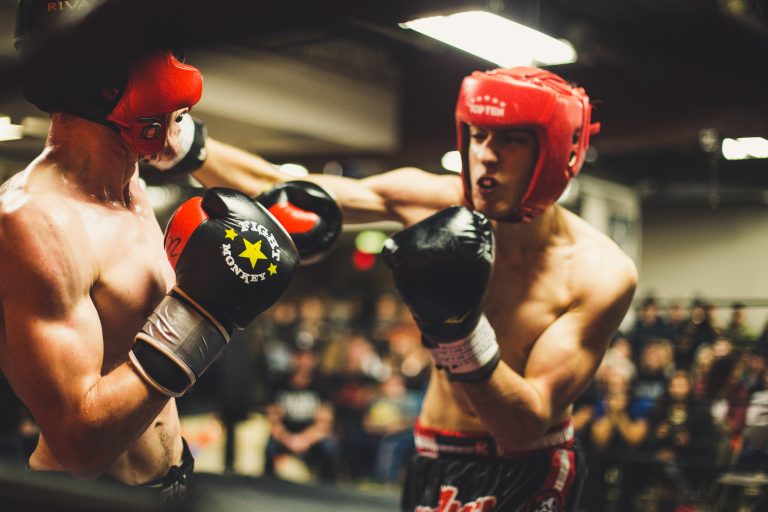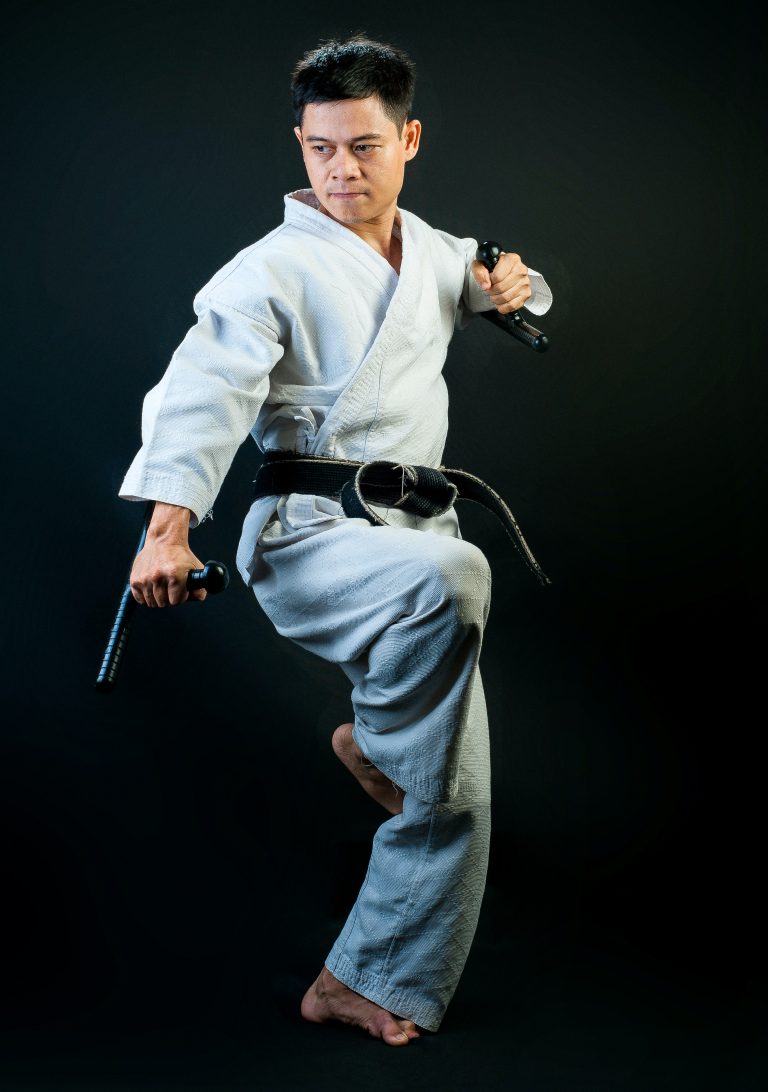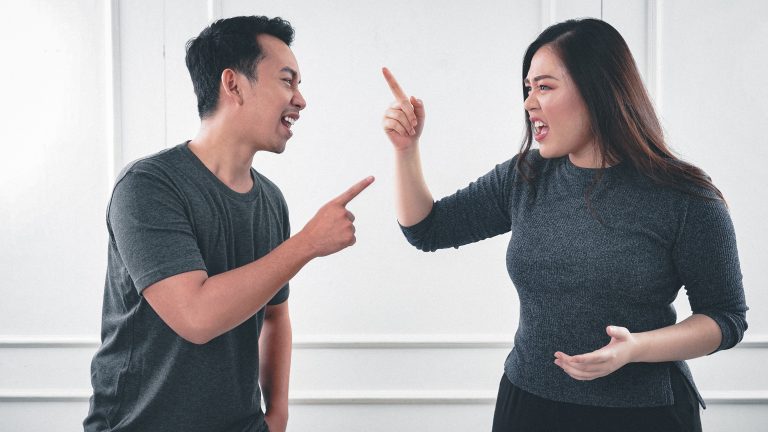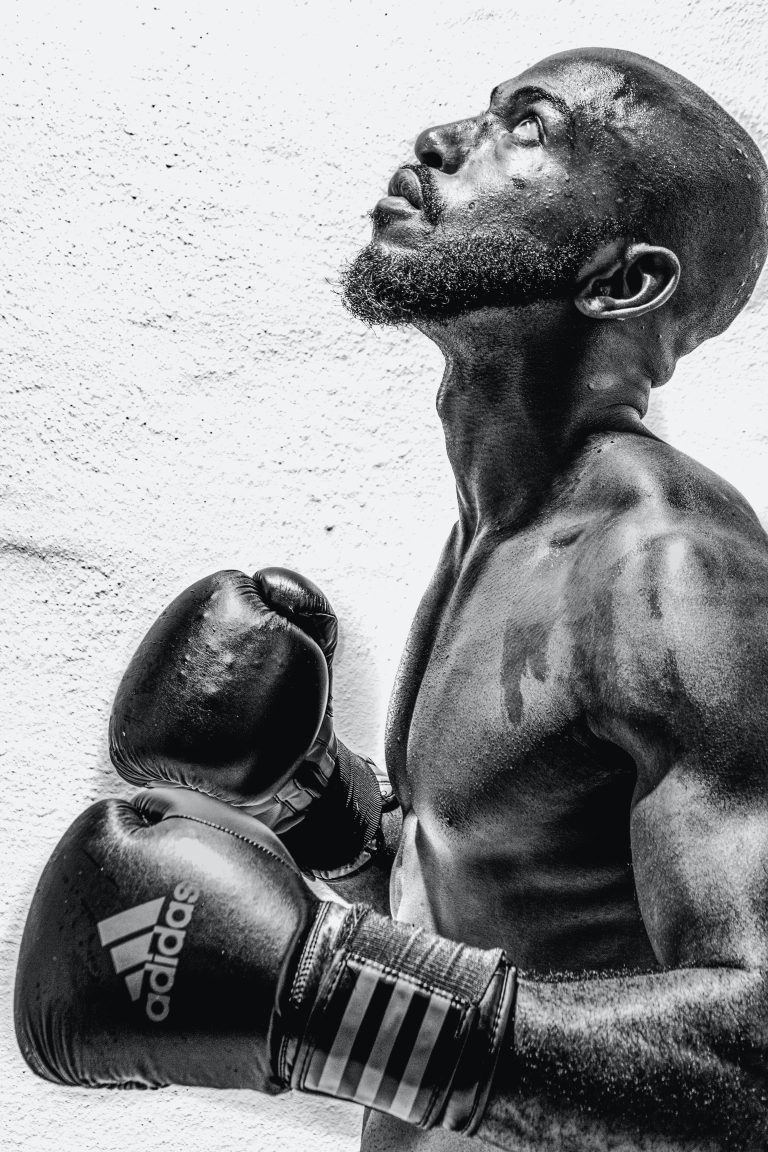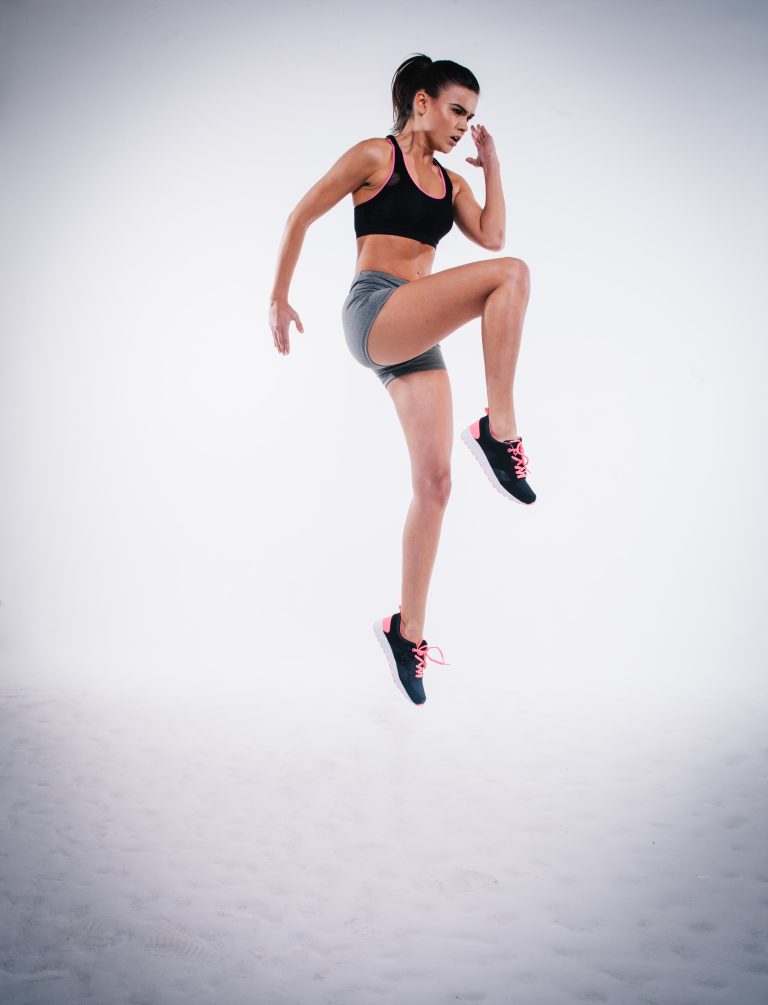Why Karate Doesn’t Work in MMA
Mixed Martial Arts (MMA) has become a popular sport worldwide in recent years. It has changed the landscape of traditional martial arts, and many fighting styles have been tested and evolved in the MMA arena. Some martial arts styles have proven to be successful in the cage, while others have failed. One of the styles that have struggled to adapt to the MMA format is Karate. In this blog post, we will explore the reasons why Karate doesn’t work in MMA.
The Difference between Karate and MMA
Karate is a traditional martial art that originated in Japan. Its core principles emphasize strikes and kicks with power, speed, and precision. Karatekas train to deliver a powerful blow in a single strike that can knock out an opponent. However, Karate is a one-dimensional martial art, and it doesn’t include grappling, wrestling, or ground fighting techniques. MMA, on the other hand, is a combat sport that involves a combination of martial arts, including boxing, kickboxing, wrestling, Brazilian Jiu-Jitsu, Judo, and Muay Thai. In other words, MMA fighters train to be well-versed in multiple martial arts styles to be competent in all aspects of the game.
Karate’s Flaws in MMA
Karate has failed to adapt to the MMA format because its techniques are designed for a different type of combat. Karatekas train to deliver powerful and fast strikes in a single motion, often in a straight line, which can be easily avoided by an experienced MMA fighter. Moreover, Karatekas are not well-versed in grappling or ground fighting, which are crucial aspects of MMA. MMA fights can go to the ground, and fighters need to be comfortable and skilled in submission holds and ground and pound techniques.
Karatekas have also shown to have poor footwork in MMA. Karate footwork relies on a strong base and stable stance to deliver powerful strikes, but it limits the fighter’s mobility and agility. MMA fighters need to have quick footwork to move around the cage, avoid strikes, and close the distance to take down their opponents.
Karatekas‘ fighting strategy is also predictable in MMA. They rely too much on their traditional techniques, and they often telegraph their strikes. MMA fighters know how to read their opponents, and they can quickly counter a predictable attack.
Successful Karatekas in MMA
Despite Karate’s flaws in MMA, some Karatekas have been able to adapt their techniques to the MMA format and achieve success. One example is the former UFC middleweight champion Lyoto Machida. Machida, a Shotokan Karate black belt, blended his Karate techniques with Brazilian Jiu-Jitsu and wrestling to become a top contender in the UFC. Machida’s unique style confused many of his opponents, making him a formidable fighter in the cage.
Another example is Stephen Thompson, also known as Wonderboy. Thompson is a traditional Karateka who has adapted his techniques to the MMA format. He uses his long-range kicks and punches to keep his opponents at bay and limits their ability to close the distance. Thompson’s footwork is also exceptional, making it difficult for his opponents to land strikes on him.
Why Karate Doesn’t Work in MMA
Most Frequently Asked Questions About Karate in MMA
Karate is a traditional martial art form that is widely popular across the world. Its dynamic techniques and high kicks have been well appreciated by martial art enthusiasts for years. However, when it comes to modern Mixed Martial Arts (MMA), karate has not been as effective as other martial art forms. Over the years, many people have been puzzled by the question, „why doesn’t karate work in MMA?“ In this blog post, we will explore some frequently asked questions about karate in MMA and try to provide some insights into this topic.
Question 1: Is Karate Ineffective in MMA?
The answer to this question is not straightforward. Karate techniques can be effective in MMA, but only if they are adapted to the demands of the sport. The reason why karate hasn’t been as effective in MMA is that karate training does not typically involve live sparring against resisting opponents. Instead, karate practitioners tend to practice kata (forms) and pre-determined partner drills, which do not directly translate to live MMA fighting.
Question 2: Are Karate Techniques too Televised and Predictable?
This is another common misconception about karate. While karate does have some flashy techniques, it is a complete martial art form that includes many practical, effective techniques. Karate also includes throws, joint locks, and grappling techniques that can be useful in MMA fights. What is important in MMA is to use techniques that are effective and efficient, whether they come from a karate or any other martial art form.
Question 3: What Makes Other Martial Art Forms More Effective in MMA?
MMA is a unique combat sport that combines various martial art forms. While karate does have its own strengths, there are certain aspects of other martial art forms that make them more effective in MMA. For example, Brazilian Jiu-Jitsu (BJJ) is highly effective in ground fighting, which is a critical aspect of MMA. Muay Thai, on the other hand, is an excellent striking form that is highly effective in close range combat.
Question 4: Can Karate Be Effective in MMA?
Yes, karate can be effective in MMA if it is trained and adapted to the rules and demands of the sport. Karate techniques such as kicks, punches, and elbows can be effective if they are timed and executed correctly. However, karate practitioners must also learn other aspects of MMA such as wrestling, grappling, and ground fighting.
Question 5: Can Karate Help MMA Fighters?
Yes, karate can be beneficial for MMA fighters. Karate training can help to improve an MMA fighter’s agility, flexibility, and speed, which can be advantageous in the ring. Moreover, karate techniques such as kicks and punches can be incorporated into an MMA fighter’s arsenal to create a unique fighting style that sets them apart from other fighters.
How to Improve Your Karate Skills for MMA
If you’re a karate practitioner who also loves to watch and follow mixed martial arts (MMA), you may have noticed that traditional karate doesn’t always seem to hold up in the cage. It can be frustrating to see your favorite karate techniques fail when faced with wrestlers, kickboxers, and grapplers. However, that doesn’t mean that karate is completely useless in MMA. There are ways to adapt and improve your karate skills to make them more effective in the cage. In this article, we’ll explore some tips and techniques to help you do just that.
1. Focus on Effective Techniques
One of the first things you need to do is figure out which of your karate techniques are actually effective in a real fight. Unfortunately, not all karate techniques are created equal, and some are simply too impractical to use in MMA. For example, flashy spinning kicks and fancy kata moves may look impressive, but they’re not very useful against a skilled opponent who knows how to defend against them.
Instead, you should focus on techniques that have been proven to work in MMA. These include:
– Straight punches: Karate practitioners are known for their fast and powerful punches. In MMA, straight punches like the jab and cross can still be effective weapons, especially when used to set up other strikes or to keep your opponent at range.
– Leg kicks: Low kicks to the legs can be devastating in MMA, as they can slow down your opponent’s movement and make it harder for them to shoot for takedowns. Karate kicks like the roundhouse and side kick can also be effective when used correctly.
– Clinch work: Despite karate’s reputation as a striking art, it’s important to be comfortable fighting in the clinch as well. This means learning how to control your opponent’s arms, knees, and head, as well as how to execute throws and takedowns from the clinch.
2. Train in Other Disciplines
As mentioned, one of the main reasons karate doesn’t always work in MMA is because it doesn’t prepare you for certain aspects of the fight, such as grappling and wrestling. To address this weakness, it’s important to train in other combat sports and martial arts that focus on those areas.
Some good options include:
– Brazilian Jiu-Jitsu (BJJ): BJJ is a grappling-based martial art that teaches you how to submit your opponent through chokes and joint locks. It’s a crucial skill in MMA, as many fights end up on the ground.
– Wrestling: Wrestling is all about taking your opponent down to the ground and controlling them from top position. It’s a great way to neutralize a striker’s stand-up game and set up submissions or ground and pound.
– Muay Thai: Muay Thai is a stand-up striking art that’s similar to karate in many ways. However, it places more emphasis on kicks, knees, and clinch work, which makes it a valuable addition to your skill set.
3. Focus on Sparring
To truly improve your karate skills for MMA, you need to test them in a live sparring environment. This means finding a gym or training partner who is willing to simulate an MMA fight with you, complete with takedowns, grappling, and strikes.
Sparring is important because it allows you to test out new techniques and strategies in a safe but challenging environment. It also helps you develop your timing, distance management, and reflexes, which are crucial skills in MMA.
When sparring, make sure to wear appropriate safety gear, including gloves, shin guards, and a mouthguard. Start off slow and gradually increase the intensity as you become more comfortable.
4. Develop Your Strength and Conditioning
Finally, it’s important to remember that MMA is a grueling sport that requires a high level of strength and conditioning. If you want to succeed as a karate fighter in MMA, you need to be in peak physical shape.
This means:
– Lifting weights: Strength training is crucial for developing explosive power and preventing injuries. Focus on exercises that target your legs, core, and upper body.
– Cardiovascular exercise: MMA fights can go on for three to five rounds, each lasting several minutes. To prepare for this, you need to do plenty of cardio training to improve your endurance and stamina.
– Plyometrics: Plyometrics are explosive exercises that help improve your speed, power, and agility. They’re a great way to improve your striking and takedown defense.
Conclusion
Karate may not be the most popular martial art in MMA, but that doesn’t mean it can’t be effective. By focusing on effective techniques, training in other disciplines, sparring regularly, and improving your strength and conditioning, you can become a more well-rounded and dangerous karate fighter in the cage. So don’t give up on karate – use these tips to take your game to the next level.
Inhaltsverzeichnis

